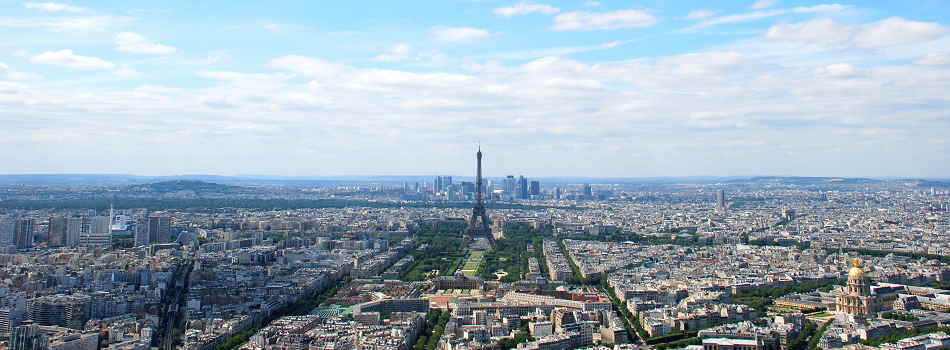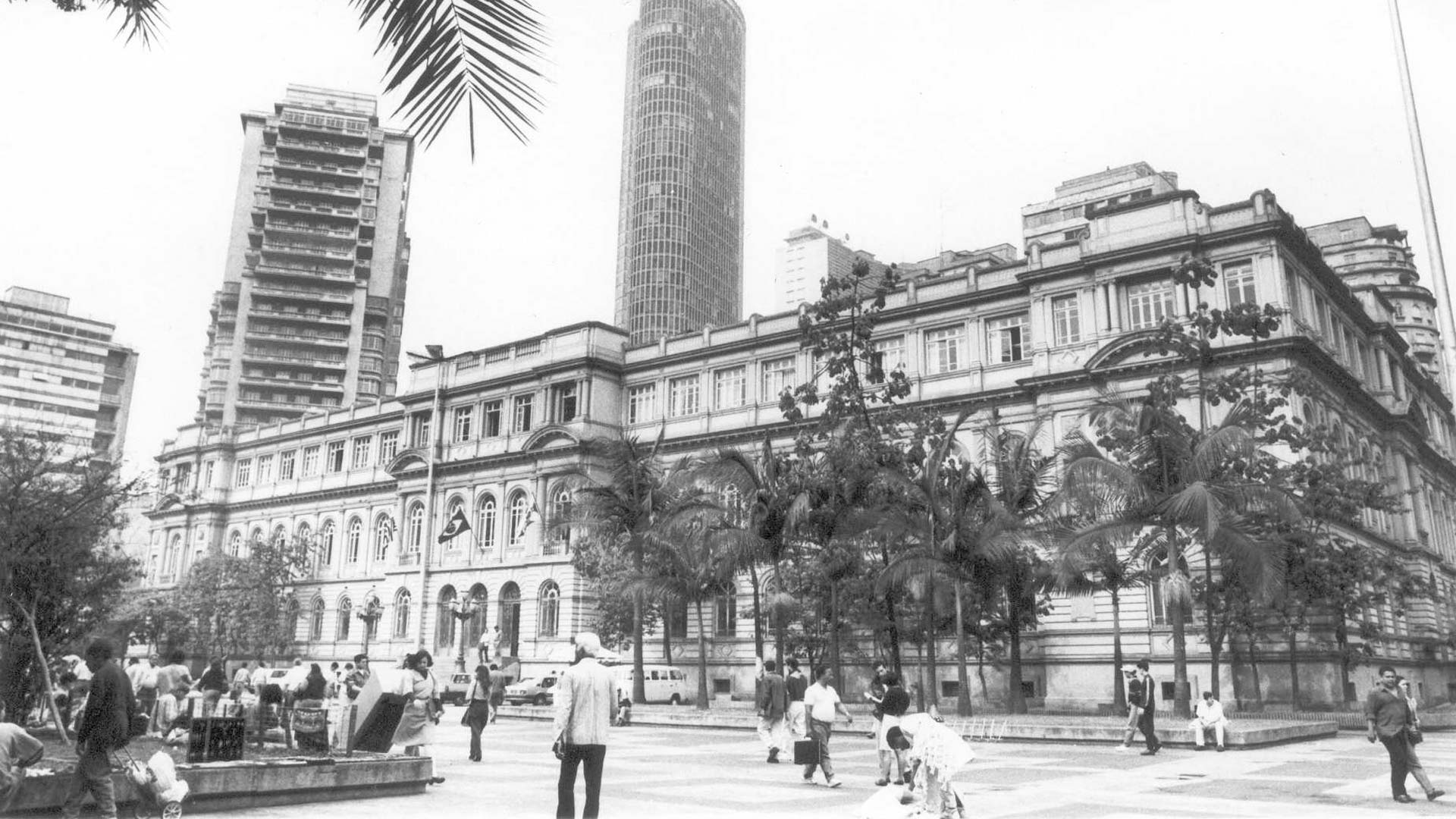USP and France’s historical academic partnership
(by Filipe Albessu Narciso | reviewed by Raissa Costa – July 25 2022)
During its 88-year history, the University of São Paulo has been fundamentally connected to France. The country played a major role in the foundations of the University with the participation of remarkable scholars and an undeniable support for the development of human sciences at USP. And today, France is the nation that accepts the most USP exchange students, furthering the advancement of globalized and specialized joint academic knowledge. Find out more about the partnership that USP and France have developed here.

Architecture landscape of the city of Paris. Source: FreeImages
Officially founded in 1934, the University of São Paulo has roots in France’s academic lifestyle. The Institution was an important step in a vigorous cultural and scientific policy promoted by France in Latin America and specifically in Brazil, known locally as the “French Mission”. The goal of the expedition was to invest in academic programs at USP and other Latin American universities.
In the early part of the 20th century, Georges Dumas, the spokesperson for the Groupement des Universités et Grandes Écoles de France pour les relations avec l’Amérique Latine (1907–1940), was crucial in establishing this objective. With assistance from the Service dès Œuvres of the French International Relations, he was in charge of establishing the High Culture French-Brazilian Institute in Rio de Janeiro in 1923.
In the state of São Paulo, the French-Brazilian Secondary School and the French-Paulista Technical Institute, both founded in 1925, would systematically gather French scientists and intellectuals. The personal bonds established between Dumas and Júlio de Mesquita Filho — leader of the newspaper The State of São Paulo and one of the main mentors of the Paulista University Project — as well as the francophile nature of the members of the Brazilian high class, would further explain the choice of French scholars for faculty members in universities of the state of São Paulo, especially in the domain of the human sciences.
The responsibles for the recruitment of the scholars that were part of the “USP French mission” were Dumas and Teodoro Ramos, a member of the USP Engineering School. The program had three distinct phases.
To design the curricula, teachers with backgrounds in French institutions and secondary schools were hired in 1934. The University was first shaped by French individuals such as Émile Coornaert, Pierre Deffontaines, Robert Garric, Paul-Arbousse Bastide, Étienne Borne, and Michel Berveiller.
The following year, professor Fernand Braudel is joined by a new group of soon-to-be famous French researchers, including Claude Levi-Strauss, Pierre Hourcade, Pierre Monbeig, and Jean Maugüé, to represent the second phase of scholars involved in the French Mission.

Picture taken in 1992 of the FFCL-USP building, which was the main building of the University’s human sciences in the first half of the 20th century. Source: USP Imagens.
From 1938 on, Dumas decided to invite older faculty members, such as Roger Bastide, Jean Gagé, Alfred Bonzon, and Paul Hugon. All three groups of scholars contributed significantly to the modernization of the social sciences in Brazil. Bastide is known for his research on Brazil’s social structure, and Braudel is regarded as one of the most illustrious historians of all time due to his contributions to the Annales School.
Today, after more than eighty years have passed, the lasting impact of the French academic lifestyle is still present at USP. The country is one of the University’s main partners, welcoming 464 students from 2021 to 2022 — the highest number of USP students in another country. USP has also established more than 200 active cooperation agreements with the country and its higher education institutions.
In a world where diversity, multiculturalism, and cosmopolitanism are increasingly acknowledged as important in many facets of modern society, USP and France have historically created an environment of academic study and knowledge that is exceptional, hospitable, and enhancing.
